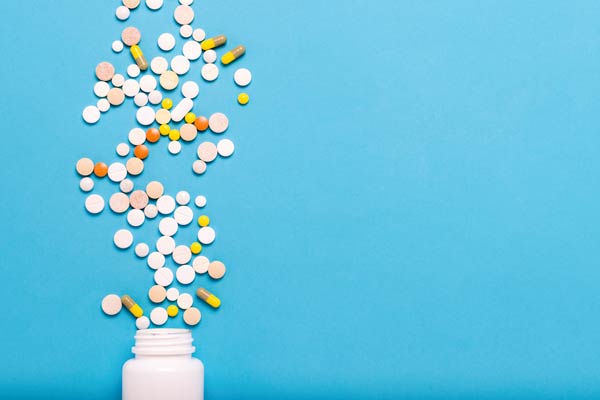Opioid addiction also referred to as opioid use disorder, is still one of the leading substance use disorders in the country. The awareness of heroin addiction and accidental overdose death rates from the last two decades made headlines worldwide. Public awareness grew about the tragedy that was affecting all fifty states, and the government and other organizations initiated funding and research to help control the problem. Although progress has been made so far, opioid addiction continues to affect vast numbers of the population. The National Center for Biotechnology Information advances science and health reports that there are three million people who are addicted to opioids such as heroin, fentanyl, prescription pain killers, and others, currently in the United States.
Opioid use disorder and opioid addiction remain at epidemic levels in the US and worldwide. Three million US citizens and 16 million individuals worldwide have had or currently suffer from opioid use disorder (OUD). More than 500,000 in the United States are dependent on heroin. (NCBI)
Fortunately, what has been accomplished in the last several years to help people who are addicted to opioids is the implementation of medication-assisted treatment as part of a quality opioid use disorder recovery program. Because there are three FDA-approved medications to treat opioid use disorder, medication-assisted treatment is now standard practice in helping a person recover from their addiction to opioids. Medication-assisted treatment relies partly on methadone, buprenorphine, and naltrexone to effectively treat opioid use disorder. 
How Can Medication-Assisted Treatment Help?
The benefits of Medication-Assisted Treatment have proven to help even the most chronic opioid addict get and remain clean from opioids long term. Medication-assisted treatment also involves providing behavioral therapy, substance abuse counseling, and other treatment that provide emotional support in recovery. Medication alone is not a solution to end a person’s addiction to opioids. The specific reason that medication-assisted treatment must be combined with substance abuse therapy and rehab is that addiction is a disease of the mind and emotions that stem from multiple influencers. Even if a person is to detox from opioids and no longer needs to use them daily to prevent the onset of physical withdrawal symptoms, the mental and emotional challenges still exist.
Overcoming Opioid Withdrawal Symptoms
The first example of why medication-assisted treatment for opioid use disorder is compelling is that it reduces and reverses opioid withdrawal symptoms. For people who have become addicted to opioids, they are held hostage by the effects that continued use of opioids has on their physiology. Opioids affect normal brain responses, and after prolonged use of opioids, that person must use opioids every day to maintain homeostasis and feel physically, emotionally, and mentally regular. The medications methadone, buprenorphine, and naltrexone all provide near-instant relief from opioid withdrawal symptoms. The symptoms that occur when a person abruptly stops ingesting opioids include:
- Flu-like symptoms (Coughing, sneezing, body aches, chills)
- Vomiting, nausea, diarrhea
- Muscle and bone aches
- Fever and clammy skin
- Dehydration, inability to eat or drink water
- Insomnia
- Increased heart rate
- Uncontrollable leg and arm movements- known as kicking
- Intense cravings for opioids to alleviate these symptoms
Reduce the Cravings for Opioids
Another critical reason the medication-assisted treatment is effective in helping someone recover from opioid addiction is that it reduces cravings and emotional fixation on using opioids. Although the physical addiction to heroin, fentanyl, or prescription pain killers is awful to endure, the emotional and mental obsessions use these drugs are incredibly challenging. Medication-assisted treatment helps reduce cravings by providing enough of a therapeutic effect that is not intoxicating but still provides relief. Other benefits that medication-assisted treatment provides are improving the likelihood that a patient will continue their treatment program and not leave to get high. Opioid treatment program retention is greatly enhanced when patients are on medications versus when they are not. To successfully recover from an addiction to opioids, a person must remain at a treatment program to help them learn vital coping skills, address their reason for drug use and addiction, as well as to help them stay abstinent long enough to establish a significant change in lifestyle and beliefs.


